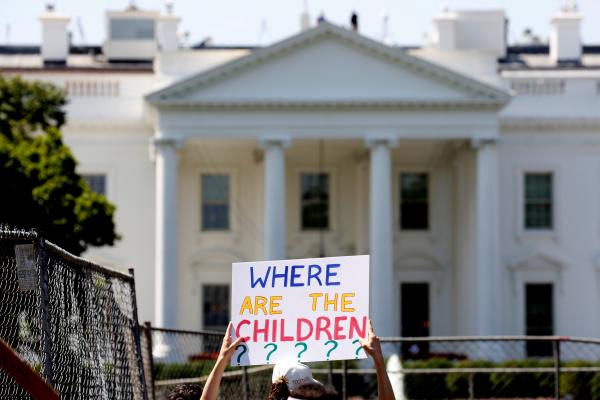Jul 5, 2018
It is time for people of faith and conscience to demand nothing less than an immediate and complete reunification of separated families — and demonstrate our willingness to play a role in this process. We have spoken out to stop the separation, but we still have the moral imperative to fix it for those who have been torn from their parents. I have recently been in meetings with bipartisan groups of senators who want to see this issue fixed, who care very deeply about finding lasting solutions, and who are asking for the help of the faith community.
Read the Full Article

Already a subscriber? Login
